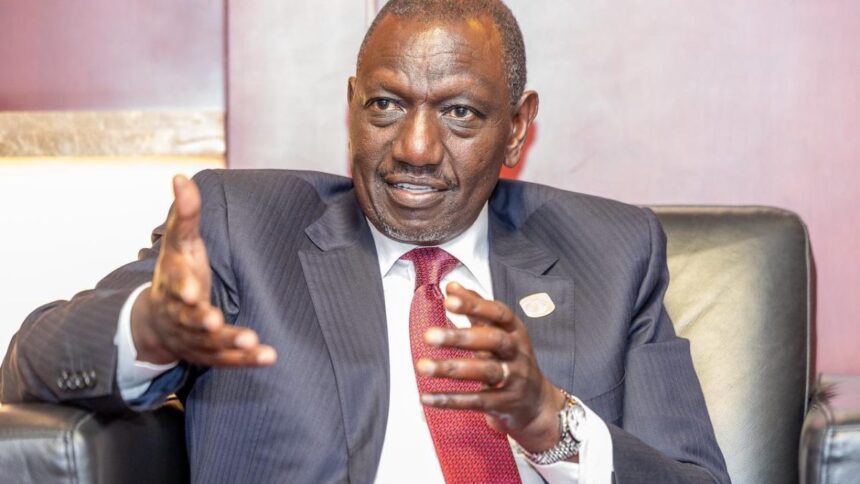A new survey has revealed that residents of Mt Kenya region feel the sharpest economic pain since President William Ruto assumed office in September 2022, underscoring the country’s deepening economic divide.
According to the poll, released on Thursday, September 11, 2025, by the Nairobi-based research firm Trends and Insights for Africa (TIFA), an overwhelming 85 per cent of respondents in the Mt Kenya region said their personal and family economic situations have worsened over the past three years.
While economic dissatisfaction was widespread across Kenya, the survey showed striking regional disparities.
In Nairobi, 74 per cent of residents reported deteriorating financial conditions, while in Northern Kenya only 41 per cent expressed such views — the lowest nationwide.
Conversely, 31 per cent of Northern residents said their lives had improved, more than double the proportion in Central Rift and Lower Eastern (14 per cent) and 10 times higher than in Mt Kenya, where just 3 per cent reported any improvement.

“While robust majorities across all of Kenya’s nine zones report their personal and family economic situation as having worsened since the last election, such negative figures are highest in Mt Kenya and Nairobi,” TIFA noted in its report.
The survey suggested that Northern Kenya’s relatively stronger showing may be linked to its lower integration into the mainstream economy and reliance on livestock markets, which have remained comparatively stable.
The findings come amid persistent public discontent over rising costs of living, unemployment, and a faltering shilling.
Though the Ruto administration has defended its fiscal reforms as necessary to stabilise the economy, critics say austerity policies have disproportionately hurt households.
TIFA also compared its latest results with a May 2025 survey.
Nationally, the proportion of Kenyans who said their economic situation had worsened declined slightly, from 75 per cent to 70 per cent. Those reporting improvements, however, held steady at just 10 per cent.

“Such a modest improvement — especially over such a brief period of four months — cautions against concluding that the economic life for most Kenyans is on a continuous upward trend,” the firm warned. “As is often said, time will tell.”
About the survey
The findings are based on a TIFA national survey conducted between August 23 and September 3, 2025.
According to TIFA, its researchers interviewed 2,023 randomly selected Kenyan adults across all 47 counties, capturing views on household economic realities, government policy, political alignment, and expectations ahead of the 2027 general election.
TIFA noted that subsequent political and economic developments may have influenced public opinion since the survey period, but said the results provide an accurate snapshot of Kenyan attitudes at the time.



